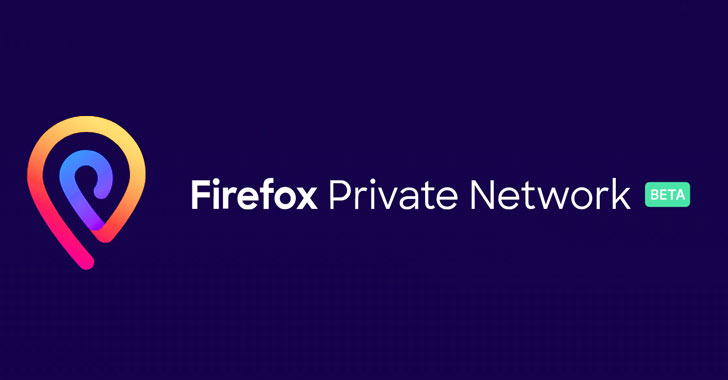VPNs have become popular tools for hiding online activity and bypassing geography-based restrictions on streaming services.
Mozilla announced Wednesday that its virtual private network service is now available on Windows, with support for Android devices scheduled to arrive later this week. The release could give Mozilla, the maker of the Firefox web browser, a little financial independence.
The $4.99 monthly service will be available initially in the US, Canada, the UK, Singapore, Malaysia and New Zealand.
VPNs act as an encrypted tunnel for transferring data on the internet, helping to protect sensitive information in transit. Originally developed as a tool of the business world, VPNs are used by a quarter of internet users for hiding online activity, bypassing internet censorship in countries without a free internet and avoiding geography-based restrictions on streaming services. VPNs also can obscure internet addresses, making it harder for advertisers, publishers and data brokers to track you online.
Mozilla, which has been beta testing the service for nearly a year, says the VPN service promises a faster browsing experience because of its leaner structure. The Mozilla VPN is based on WireGuard protocol’s 4,000 lines of code, less than a third of the average VPN service provider.
While the move is part of Mozilla’s recent privacy push, it could also offer the company some financial wiggle room. Mozilla makes money through search ad deals, notably with Google, in which it’s paid for sending Firefox users’ search queries to Google. Google shows ads next to the search results and browser makers including Mozilla often get a cut of the proceeds.
Building a VPN for people willing to pay for increased privacy would give Mozilla another way to bring in money. Mozilla previously tested offering a VPN service for $10 a month.
First published on July 15, 2020 at 6:00 a.m. PT.













![Hotstar Premium Cookies 2019 [*100% Working & Daily Updated*] Hotstar Premium Cookies 2019 [*100% Working & Daily Updated*]](https://tahav.com/wp-content/uploads/2019/11/Hotstar-Premium-Cookies-Free-100x70.jpg)



